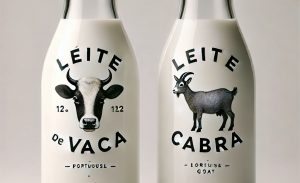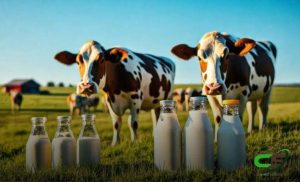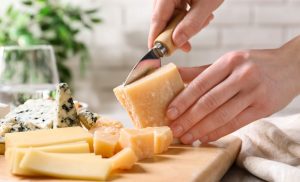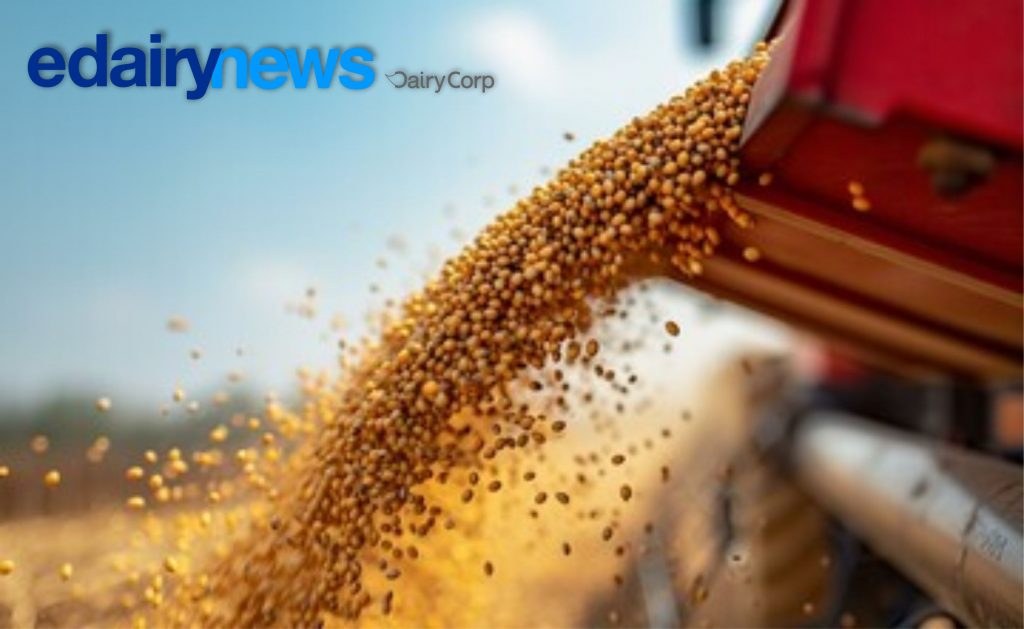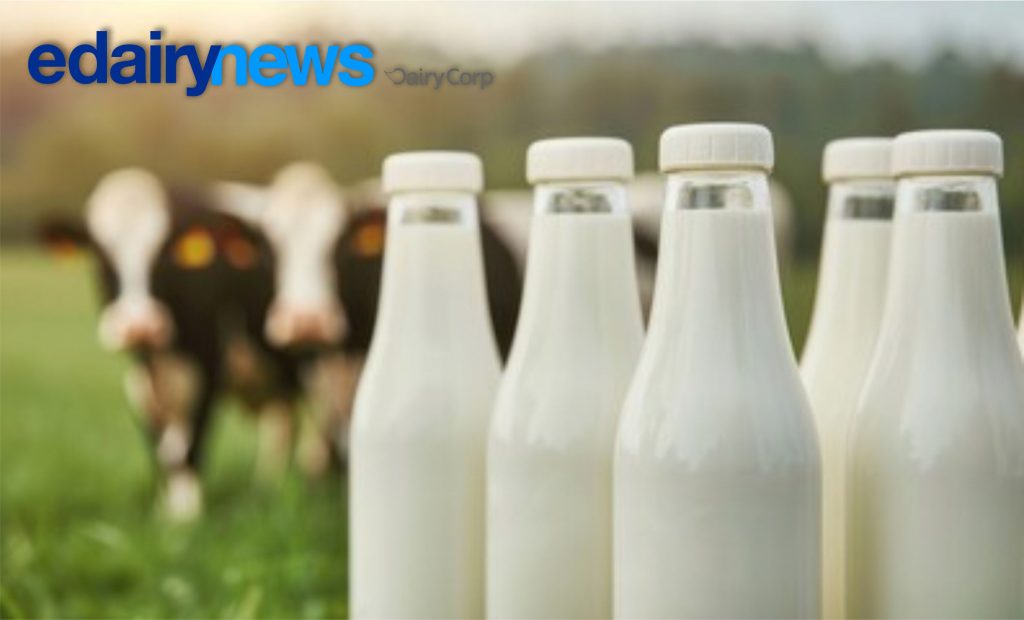As many of you know, I grew up on a dairy farm. If there’s one thing you learn about cows, it’s that they don’t like change. Most dairy cows are the happiest when there is consistency.
They want the same food each day. They prefer to be milked at the same time, and even lie in the same stall each and every day. They will follow the same path in the pasture and will get startled when something is in their path that wasn’t there the day before.
I, like the cows I grew up with, struggle at times with change. I said a few months ago that the only certainty which exists right now is uncertainty. The coronavirus has made us change many of our daily habits and routines. If I was a cow, I would be completely flustered by now.
But one of the blessings of the pandemic is that it has caused most of us to pause and reflect a bit. In some respect, it has brought us back to simpler times or allowed us to regain our focus on what truly is important.
Childhood
Life since March has taken me back to my childhood. Growing up on a dairy farm meant that social distancing was just our way of life. We didn’t go out to eat, as there were only two fast food restaurants in the entire county. We went to the grocery store maybe twice per month and went shopping for clothes right before school started each year.
We stayed home and worked. We were teleworking before it was cool. We raised our own meat and grew most of our vegetables in a huge family garden. We grew and canned every vegetable you can imagine. We had a yellow transparent apple tree which supplied enough applesauce for every family for miles around.
My parents never had to worry about us being distracted by technology as we had a “party line” phone, and our neighbor Marion was always on it. Our one television got only three stations and the highlights of our TV time was watching the daily news, Little House on the Prairie and 60 Minutes. Our one social event for the week was going to church every Sunday morning.
Distancing
Dairy farmers have always been good at social distancing; however even the most seasoned introvert might admit that they are missing social interaction. And when we can socially interact, this too has changed. Masks, six-foot separation, no big crowds and no handshakes or hugs.
Dairy
The pandemic has also created issues in all sectors of agriculture including dairy. The fall, rise and fall of cheese and milk prices would push a 9.0 on a roller coaster rating scale. Then, just for good measure, 2020 has thrown in milk dumping and two of the largest negative producer price differentials we have ever witnessed.
Can you imagine what this fall might bring?
As a dairy industry, how can we make systemic change to help address some of the processing sector weaknesses exposed by the coronavirus pandemic?
As I talk with processors and dairy farmers alike, it appears it is time to work together to overhaul the federal milk marketing order milk pricing system. Especially with regards to the change in the Class I pricing formula involving Class III and IV.
Evaluating
COVID-19 has also showed the chink in the armor for both our meat and dairy processing sectors. The shutdown of schools and restaurants caused a pivot from institutional and food service production to meeting the increased retail fluid demand. There was a plenty of milk and consumer demand but an inability to deliver.
The government has stepped in with federal COVID-19 assistance. However, we need to take a deeper look into policies/assistance that severely affect the normal supply and demand of dairy products causing greater instability and uncertainty. I guess there is a lot for the dairy industry to chew our cud on.
It is easy to stay in our comfort zone, just like our dairy cows. Now is a great opportunity to evaluate, reinvent, experiment, double down on a new business strategy and come together as a dairy industry. In short, let’s make sure we don’t waste a good pandemic. Have a good and safe day.


